INVITATION
CALL FOR PAPERS
REGISTRATION
CONFERENCE FEE
PLENARY SPEAKERS
COMMITTEES
TIMETABLE
ACCOMMODATION
CAMPUS
POZNAN
SPONSORS/EXHIBITORS
CONTACT
__________________________________________________________
WEDNESDAY, 24 May 2023
WELCOME PLENARY
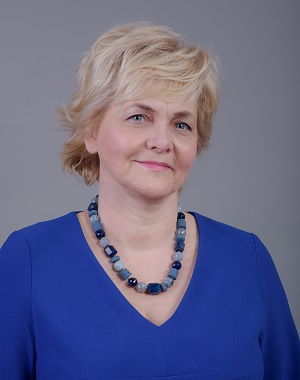 |
PUT Prof.Liliana Szczuka-Dorna PUT Prof.Liliana Szczuka-Dorna, PhD is a graduate of the English School at Adam Mickiewicz University in Poznan, and a Doctor in Applied Linguistics. She has also successfully completed postgraduate studies: Master of Business Administration, Methodology of English Language Teaching, and Public Relations. She is a sworn-in translator at the Ministry of Justice. She conducts courses in English - English for Academics, English for Special Purposes, Effective Presentations, and Intercultural Communication - to Polish and international students at Poznan University of Technology. She has coordinated and participated in many national and international projects such as Tempus, Phare, Leonardo da Vinci: Magic, Erasmus + Badge, and Nawa.
|
|
Contribution of the Centre of Languages and Communication to the activities of Poznan University of Technology
|
PLENARY I
 |
Prof. UAM dr hab. Magdalena Wrembel Magdalena Wrembel is a professor of English linguistics at the Faculty of English, Adam Mickiewicz University in Poznań, Poland. Her main research areas involve multilingualism, third language acquisition, phonetics and phonology, language awareness as well as innovative trends in L2/L3 pronunciation pedagogy. She has published extensively in edited collections and international journals, she co-edited two special issues of International Journal of Multilingualism as well as a few edited volumes, e.g., Advances in the Investigation of L3 Phonological Acquisition (2018), Achievements and perspectives in SLA of speech (2011). She has co-organised international conferences and workshops, including New Sounds 2010, EuroSLA 2012, SLE 2014 and L3 Workshop 2017 in Poznań. She has been involved in several international projects (as PI), with funding from Polish, Norwegian and German research agencies. She is currently Vice-President of Societas Linguistica Europaea and head of Bilingualism Matters@Poznań. |
|
Multilingual competences in a globalized world: challenges and prospects Multilingualism has become a norm rather than exception in a globalized world and there is a growing recognition that it is a default state of human linguistic competence. As present-day Europe becomes increasingly multilingual, more and more people use languages different from their native one(s) in various contexts and for different purposes. Therefore, it is crucial to gain an in-depth understanding of this phenomenon from a broader perspective, including historical, linguistic and cognitive aspects. Multilingual acquisition has been increasing viewed as a dynamic and diversified process, offering new insights into language learning that go beyond those stemming from investigations into the first (L1) and second language (L2) alone (Flynn et al. 2004). Such an approach to the dynamics of multilingualism is in line with newest research outcomes from neuroscience, sociolinguistics or psychology (e.g., Kroll 2020, Sorace 2020). |
PLENARY II
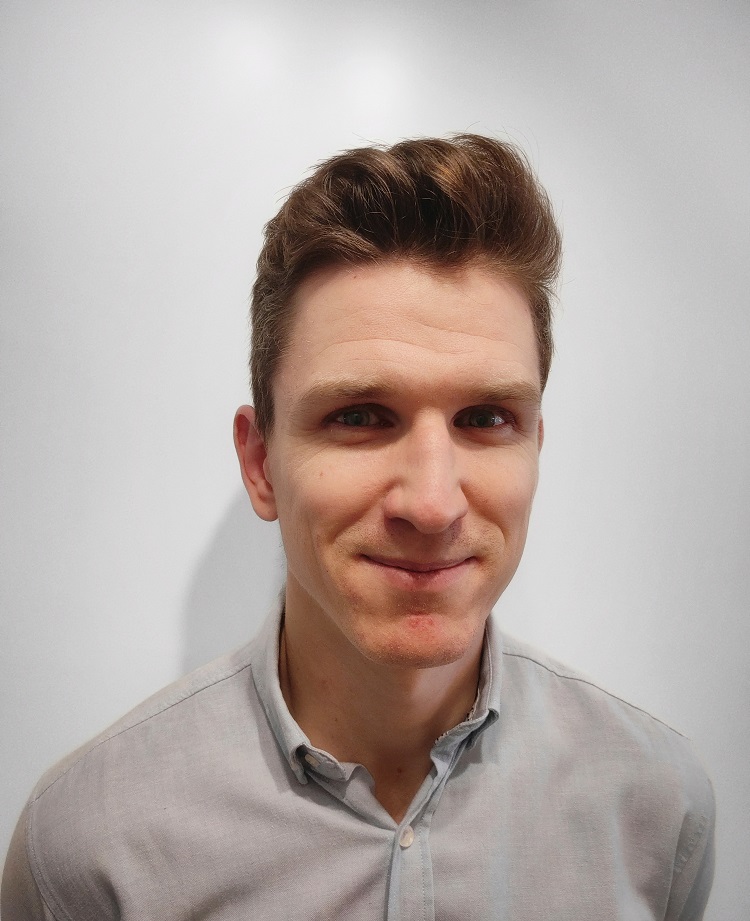 |
Dr Rafał Jończyk Dr Rafał Jończyk is an Assistant Professor and the director of the Psychophysiology of Language and Affect (PoLA) laboratory at the Faculty of English, Adam Mickiewicz University in Poznań, Poland. He is passionate about the human mind and brain and how it makes sense of the world. His research primarily focuses the brain dynamics of emotional language processing in bilinguals. Recently, he has also investigated moral decision making as well as neural correlates of creativity in monolingual and bilingual speakers. |
|
How speaking a second language shapes your mind and brain Language is a fascinating and unique cognitive capacity that is often taken for granted. Language allows us to transmit thoughts and feelings to other speakers often effortlessly. It is not until language develops atypically or breaks down in illness that one fully acknowledges its critical role in mentalizing and human interactions. Accumulating evidence shows that language in fact interacts with every other aspect of mental life, allowing one to function despite a language impairment. Language shapes perception, drives attention, modulates cognition, influences decision-making, and regulates emotions. Language impact on cognition becomes even more evident in second language speakers. Indeed, bilingual research demonstrates that the language one operates in may differentially impact low-level visual perception, perception of time, or emotion regulation. In this talk, I will review scientific evidence, including recent work from my lab, showing that the language we choose to communicate in may profoundly impact how our brain perceives, predicts and reacts to stimuli in our environment. I hope to be able to show that learning another language is a truly enriching experience to the mind and brain and that people’s choice of language for communication may actually be strategic, depending on the goals one wants to achieve. |
PLENARY III
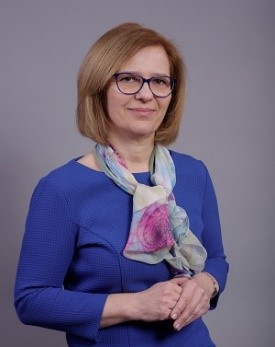 |
Dr Barbara Sawicka Barbara Sawicka holds an MA in English philology and a PhD in language assessment from Adam Mickiewicz University, Poznan, Poland. Currently, she is the Deputy Director of the Centre of Languages and Communication at Poznan University of Technology, Poland. She has extensive experience in teaching English for Specific Purposes at a technical university. Areas of interest: innovative teaching methods, educational assessment and multimedia technologies in language learning. |
 |
Dr Julia Zabala Delgado Julia Zabala Delgado holds an MA in English from Universitat de València, an MA in Language Testing from Lancaster University and a PhD in language and Technology from the Universitat Politècnica de Valencia. She is the Deputy Director of the Language Centre of the Universitat Politècnica de València and coordinates standardised exams, test development and rater training. She is the General Secretary of the Association of Languages Centres in Higher Education in Spain (ACLES). Her research interests include: Language Testing, Development of Assessment Tools, Language Learning, Curricula Design. |
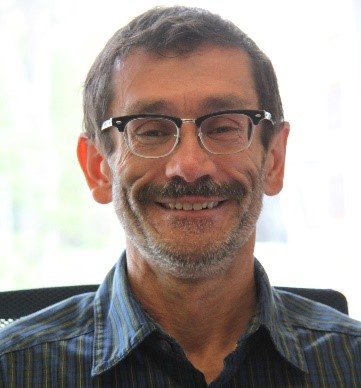 |
Dr Johann Fischer Johann Fischer is Director of ZESS (Centre for Languages and Transferable Skills) at Göttingen University and Head of UNIcert, the German quality label for language teaching, testing and certification in HE. Former Secretary General and President of CercleS, he is currently a member of the Board of AKS. He is one of the founders of NULTE – the Network of University Language Testers in Europe. His research focuses on the implementation of the CEFR, task-based teaching & assessment, and staff development. |
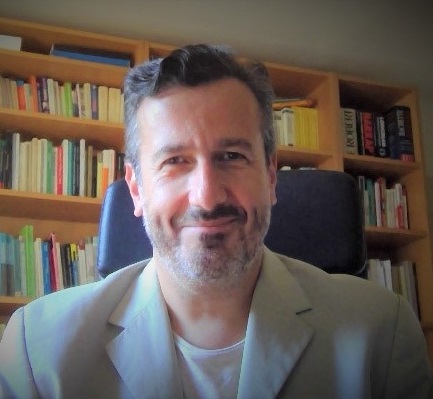 |
Prof. Laurent Rouveyrol Laurent Rouveyrol is a Professor of English and applied linguistics at the University Sorbonne Nouvelle in Paris where he is the director of the Resource Language Centre. His current research concerns the link between interactional linguistics and second language acquisition in relation to language testing (CLES). He has also been involved in the CLES (French Higher Education Language Certification) since 2006 and co-funded the NULTE network with J. Fischer (Germany), B. Sawicka (Poland) and J. Zabala (Spain). |
|
Aligning NULTE examinations to the concepts of the CEFR Companion Volume: test takers as social agents interacting in realistic contexts of mediation The NULTE Memorandum of Cooperation, signed in 2018, presents the common standards in university language testing and assessment across all NULTE members. The publication of the Council of Europe’s CEFR Companion Volume in 2020 has initiated a paradigm shift in language teaching and assessment across Europe (and beyond) and also among the testing and assessment community. The Companion Volume has moved the focus from the four language skills towards the four modes of communication. This shift has motivated NULTE members to reconsider their approaches to task development and to design examinations that simulate realistic situations of communication; in these examinations test takers are considered to act as social agents and are invited to mediate ideas and concepts and to co-construct meaning and concepts in situations of communication taking into account their individual personal and academic background. Key words: CEFR Companion Volume, testing and assessment, NULTE, action-oriented approach, VITbox Project |
THURSDAY, 25 May 2023
PLENARY IV
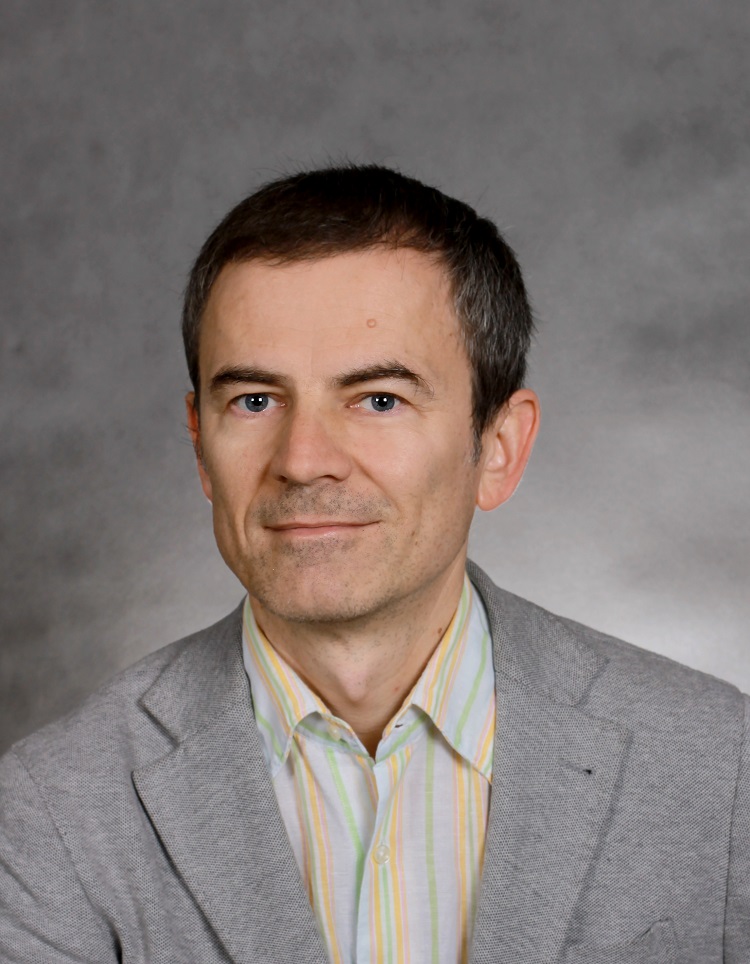 |
Prof. UAM dr hab. Paweł Sobkowiak Paweł Sobkowiak, Ph.D. and D. Litt., is associate professor at the Faculty of Law and Administration, Adam Mickiewicz University, in Poznań, where he teaches Business English and Business Communication to students of Management and Law in Business. His main research interests include foreign language acquisition, different aspects of teaching ESP, mainly Business English, determinants of academic success/ failure in the EFL context, as well as the development of learners’ intercultural competence and intercultural teaching and learning. He delivered speeches at a range of conferences, both in Poland and abroad. He participated in the Erasmus+ Staff Mobility for Teaching program in Turkey (2015), Spain (2018, 2022), Gran Canaria (2019), Croatia (2021, 2022) and North Macedonia (2022). His recent publications include a monograph Intercultural Language Education (Adam Mickiewicz University Press, 2015) and a few articles in peer-reviewed journals: International Journal of English Studies [Spain], Linguistics & Education [USA], Studia Anglica Posnaniensia: An International Review of English Studies, and Studies in Second Language Learning and Teaching. He is a member of the editorial board of two academic journals: US-China Foreign Language (ISSN 1539-8080) and Sino-US English Teaching (ISSN 1539-8072) published in the USA. He is also a reviewer of EFL textbooks for the Ministry of Science and Education in Poland. |
|
Toward teaching EFL for intercultural communication An increasingly networked world and the status of English as a lingua franca have challenged the long-established objectives of EFL teaching. In this talk, premising that language use is a culturally embedded practice in and through which an individual’s cultural identity is constructed, I will provide a rationale and argue for the need to adopt an intercultural approach. This enriching students’ understanding of difference and allowing for exercising agency framework integrates teaching language and culture, and, except for work on language and the four skills, shifts focus on developing students’ intercultural competence (Corbett, 2003; McConachy, 2018; McConachy & Liddicoat, 2022). I will explicate the benefits students can derive from acknowledging complex interrelationships between linguistic and cultural elements deeply intertwined in discourses, while actively engaging with the processes of constructing and interpreting meaning, and negotiating new ways of behaving (Kramsch, 1998; Liddicoat & Scarino, 2013). Resorting to the scholarly reviews, I will demonstrate that intercultural teaching implies transcending the cognition of (a) foreign culture(s) and cultural differences, and entails fostering a set of skills (behaviors), attitudes (affective domains), individual features, such as motivation, mindfulness and empathy, and applying an alternative evaluative lens in judgments (Byram, 2021; Deardorff, 2006; Fantini, 2018). |
PLENARY V
 |
Prof. UAM dr hab. Krystyna Droździał-Szelest Krystyna Droździał-Szelest is Professor of Applied Linguistics at the Faculty of English, Adam Mickiewicz University, Poznań, Poland. She teaches MA and PhD courses in broadly conceived ELT methodology, applied linguistics and educational psychology. For many years she has been involved in teacher training and teacher development. Her PhD and Post-PhD degrees, obtained from Adam Mickiewicz University in Poznań, are both in applied linguistics. Her present research interests cover ELT methodology, teacher training and teacher development, foreign language education (including learning strategies and strategic training), language teaching materials and educational/developmental psychology for teachers. She has published one book and a number of research papers, (co) edited publications on applied linguistics and EFL methodology, and served as a reviewer for several academic journals. She has supervised 22 PhD theses. |
|
Issues, options and challenges in (English) language education in a globalised world. “The field of language teaching is subject to rapid changes, both as the profession responds to new educational paradigms and trends and as institutions face new challenges as a result of changes in curriculum, national tests and student needs” (Richards and Farrell, 2005: vii). Trying to keep up with the changes we tend to forget that language teaching is not only about broadly conceived language proficiency objectives, i.e. developing the students’ intercultural communicative competence, but also that it involves other types of goals such as cognitive, affective, and transfer ones (Stern 1992) which are equally important in a modern world. Key words: language proficiency objectives, intercultural communicative competence, cognitive/affective/transfer goals, intercultural awareness, multicultural competence for networking, macrostrategies. |
PLENARY VI
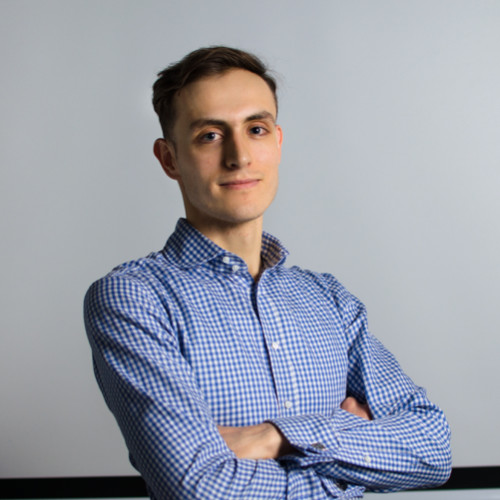 |
Kacper Łodzikowski Kacper Łodzikowski is Vice President of AI Learning Capabilities at Pearson. His group’s work focuses on natural language processing, computational psychometrics, human-computer interaction, and ethical AI governance. He’s also a researcher & lecturer in AI at Adam Mickiewicz University in Poznań. |
|
Harnessing the potential of generative AI in education We are witnessing the democratisation of access to artificial intelligence (AI) tools. Large language models such as GPT-4 can facilitate the acquisition of linguistic and cultural competencies. The use of such tools is quickly becoming a 21st-century technology literacy skill. After an initial reaction which involved banning such tools from some schools, institutions and governments are now devising longer-term strategies of embracing them. In this this talk, we will explore the role of large language models in meeting the evolving needs of academic teachers and students in technology-rich environments, focusing on both the opportunities and risks associated with their use. First, we will provide a brief explanation of how large language models work, focusing on their inherent strengths and limitations. Second, we will discuss how large language models can facilitate second language acquisition in a digital context. This includes their ability to generate contextually accurate content for personalised learning and to offer tailored feedback on learners' complex cognitive performances. Finally, we will address the risks associated with the use of such tools, especially built-in bias as well as questions of ethics and privacy. Keywords: computer-assisted language learning, natural language processing, learner autonomy, teacher education |